Future Townsville: Resources sector powers jobs, employment, careers
The vital importance of the resources sector to the NQ economy and the sheer number of people it employs has been laid out in no uncertain terms.

Townsville
Don't miss out on the headlines from Townsville. Followed categories will be added to My News.
The vital importance of the diverse and expansive resources sector to the North Queensland economy and the sheer number of people it employs has been laid out in no uncertain terms.
“Nearly one in four North Queensland jobs is linked to the resources sector – spanning mining, construction, professional services and manufacturing,” Townsville Enterprise CEO Claudia Brumme-Smith said.
“This industry isn’t just vital to our regional economy: It’s fundamental to Australia’s sovereign capability.”
This year’s Future Townsville series, in partnership with S.Kidman, Bravus, Port of Townsville, Aurizon, Queensland Resources Council and Sun Metals, and will examine the once-in-a-generation opportunities for trade and investment in this city.
The head of the region’s peak economic development and destination marketing organisation said you could not have a “’Made in Australia’ without mining in Australia”.
“Townsville North Queensland is on the cusp of one of the largest investment surges in its history, and the resources sector is at the heart of it,” she said.
“Around 35 per cent of our future project pipeline – worth almost $15 billion – comes directly from resources; it’s a sector we can’t afford to underestimate.”
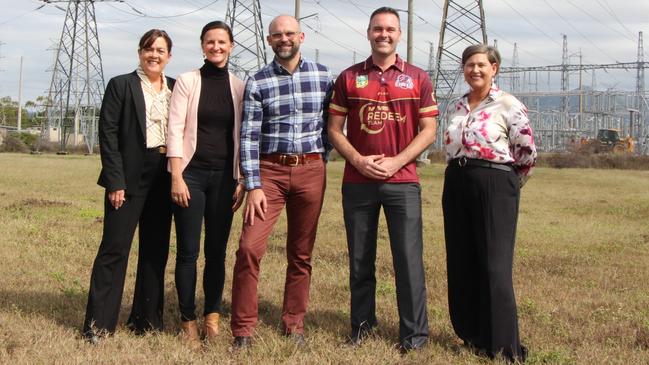
Ms Brumme-Smith said Australia needed to keep pace in what was a fiercely competitive global resources sector.
“Lengthy and overlapping approval processes – sometimes stretching over a decade – are holding us back,” she said.
“Governments must step up, streamline green and red tape, and focus on reducing input costs to lift national competitiveness.”
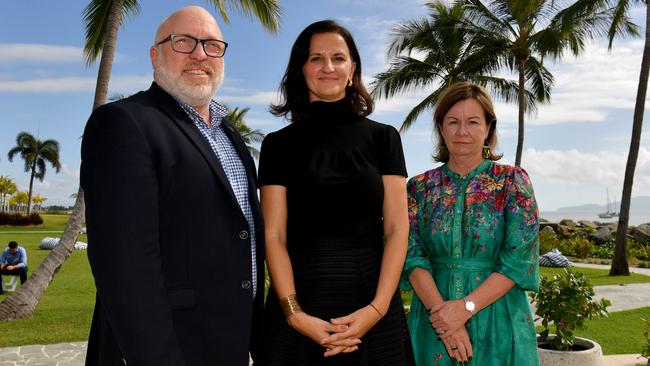
Ms Brumme-Smith said the North-West Corridor held more than $740 billion in untapped mineral potential that were critical resources that powered electronics, medical technologies and renewable energy.
She said unlocking these reserves was essential to securing future industries and global supply chains, and to do that we needed workers.
“Right now, our North-West miners are paying more than twice as much for electricity as their counterparts in China, India and the U.S – with no alternative providers.”
She said affordable, reliable energy was a deal breaker for major investment, which was why CopperString was so important.
“The Crisafulli Government’s additional $1.4 billion commitment to this national building project is a positive step, but the transmission line must run the full length from Mount Isa to Townsville,” she said.
“Anything less risks cutting off the North’s future resources opportunities.”
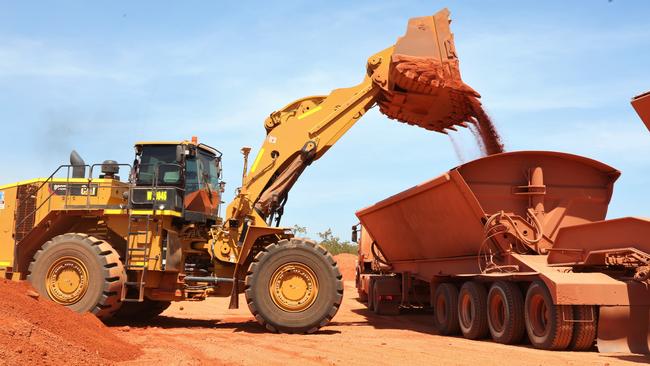
A quick glance at seek.com.au show that there are well in excess of 50 jobs advertisements, some offering multiple roles, in the North Queensland mining sector alone.
The shortfall recently saw senior leaders in the industry, education and government sectors meet at the North Queensland Future Workforce Summit to address building a workforce capable of meeting the scale of investment already underway.
Hosted by Regional Development Australia Townsville and North West Queensland (RDA) and Jobs Townsville North Queensland (JTNQ), the summit focused on practical, place-based solutions to the region’s current and future workforce needs.
With more than $29 billion in major projects planned across the region, including in the resources sector, participants agreed that long-term, region-led workforce strategies were “essential to sustain growth and maximise community benefit”.
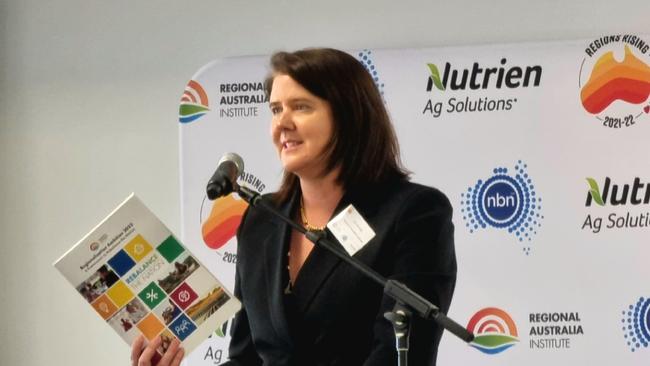
Activate Australia’s Skills campaign director Dane Moores said the country’s skills-recognition system was overly complex, costly and inefficient, “preventing many skilled migrants from working in their qualified fields in regional Australia”.
“The problems with our skills recognition system continue to hold back our regional communities,” she said.
“The system is full of unnecessary barriers that stop qualified people from contributing their expertise, hampering the social and economic growth of the regions.”
Regional Australia Institute CEO Liz Ritchie said addressing skills recognition was vital to improve access to build new homes and to deliver essential services in regional Australia.
“Regional Australia is growing because more people want to raise their families in the regions; our recent research has 2 in 5 Australian city-dwellers wanting to live in regional Australia,” she said.
“But, to meet current and future demand, regional Australia needs more services in healthcare, schools and housing.”
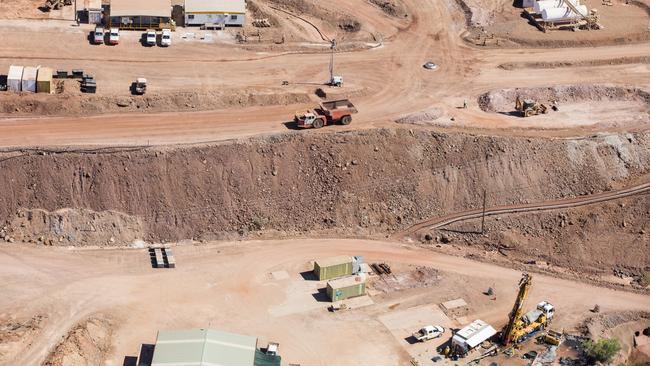
Kate Sowden, executive director of regional workforce social enterprise Work+Stay, agreed and said urgent reform of skills recognition was needed to unblock qualified workers in the regions.
“With regional Australia growing and having tens of thousands of unfilled jobs, we need to be doing everything we can to harness every skilled worker and remove unnecessary barriers that hold them back,” she said.
“Fixing the skills and qualification recognition system will boost the supply of talent, helping regional communities fill skills gaps and improve the delivery of services, from healthcare to construction. It only has upsides.”
More Coverage
Originally published as Future Townsville: Resources sector powers jobs, employment, careers





